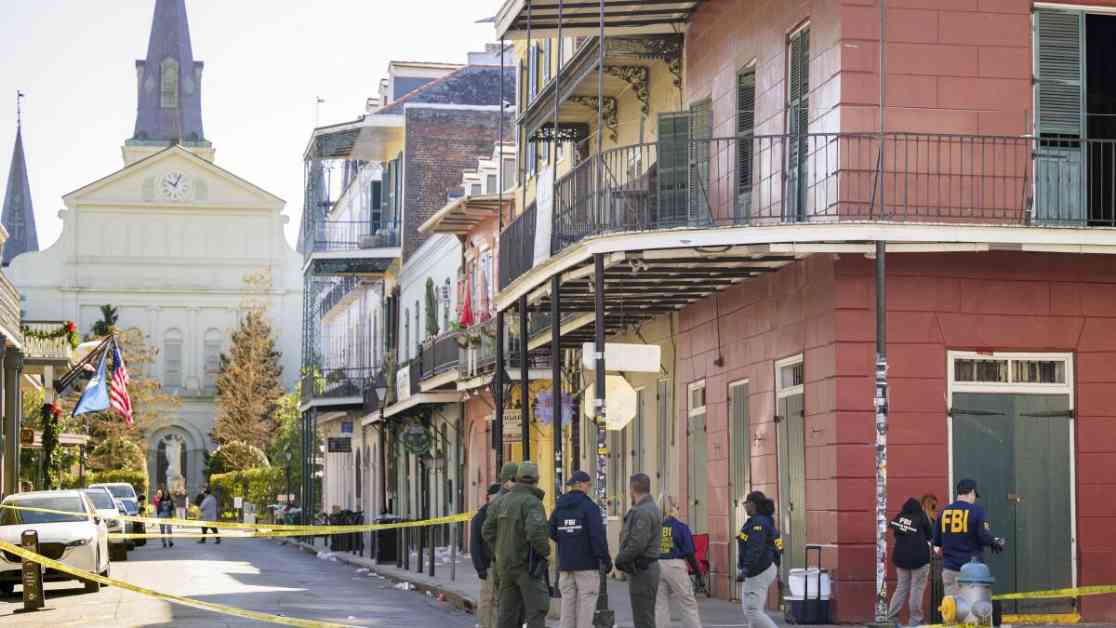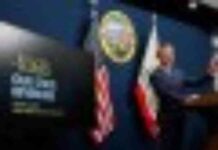President-elect Donald Trump has once again stirred controversy with his response to a tragic event, this time using a U.S. citizen’s attack to criticize immigrants and open borders. The incident in question occurred on New Year’s Day when a pickup truck driver, Shamsud-Din Jabbar, mowed down dozens of people in New Orleans, killing 14 individuals. Trump wasted no time in issuing a statement that implied the perpetrator had entered the country illegally, fueling his ongoing campaign for stricter border enforcement.
Trump’s Rhetoric and Response
Despite subsequent reports confirming that Jabbar was an American raised in Texas and served in the U.S. Army, Trump continued to push his narrative, escalating his rhetoric against the “open border” with Mexico. This pattern of behavior, characterized by hyperbole and false assertions, is not new for Trump. Experts like Jennifer Mercieca, a communication and journalism professor, suggest that Trump uses these threats to justify extreme measures and paint immigrants as dangerous criminals.
Misinformation and Fear-Mongering
The aftermath of the attack saw Trump’s allies and supporters echoing his sentiments, with statements like “Biden’s parting gift to America – migrant terrorists” and calls to “shut the border down.” Despite corrections about Jabbar’s citizenship status, Trump persisted in blaming law enforcement for failing to protect Americans from “violent scum,” further stoking fear and division among the public.
Impact on American Society
Trump’s focus on immigrants and border security reflects a broader discomfort among his core followers, particularly the working-class population, with demographic changes in the country. The narrative around dangerous immigrants serves a political agenda, turning them into scapegoats to be attacked and ostracized. This fear-mongering tactic, as highlighted by experts, has real-world consequences and can fuel bigotry and violence against marginalized communities.
In conclusion, Trump’s response to the New Orleans attack reveals a larger pattern of exploiting tragedies to advance his anti-immigrant and anti-Muslim agenda. As the incoming president prepares to take office, his divisive rhetoric continues to sow discord and deepen societal divisions, raising concerns about the future of American unity and inclusivity.





















